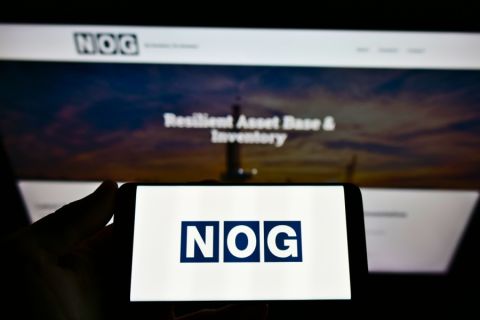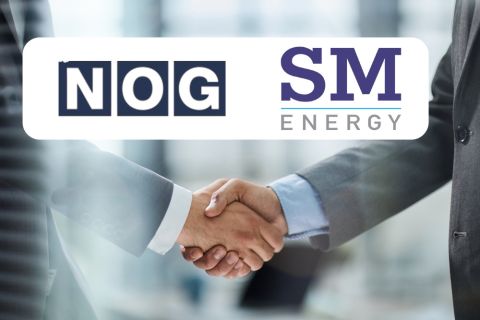Origin Energy Ltd., the Australian company building a liquefied natural gas export project with ConocoPhillips, said global forecasts probably underestimate demand, partly as China cuts its shale production goals.
“There’s quite a degree of difference of opinion as to the rate at which shale can be developed in China,” Managing Director Grant King said today at the Bloomberg Summit in Sydney. “There’s a lot at stake with respect to the development of the shale industry in China, and the geoscientists would say that it’s not without its challenges.”
His caution comes after China’s National Energy Administration last month at least halved its 2020 shale-gas output target. The nation, holder of the largest resources of shale gas, will account for 30 percent of additional gas demand to 2019, the International Energy Agency says.
Origin’s LNG development, scheduled to start production next year, is one of seven being built in Australia at a total cost of almost A$200 billion ($180 million) and forecast to make the nation the world’s biggest exporter. China Petrochemical Corp., known as Sinopec Group, is also a partner in Origin’s A$24.7 billion project.
“I’ve got no doubt that there will be shale production, and there will be successful projects,” King said. “Whether it is on the scale that’s envisaged in those current plans, that’s a more challenging question. That’s in part why I believe that in the long term, the estimates for global trade in gas, and in LNG, are probably underestimated.”
China’s NEA at least halved its shale-gas output target for the end of the decade to 30 billion cubic meters. The country had predicted 60 billion cubic meters to 100 billion cubic meters when an earlier shale plan was released in 2012.
According to the Australian Petroleum Production & Exploration Association, a further A$180 billion of potential projects in the country are threatened by high costs and increasing competition. Cheniere Energy Inc. and Sempra Energy are among companies seeking to tap the U.S. shale boom and build LNG export projects to compete with Australian suppliers.
The U.S. has a “lengthy process” to get approval to build plants and export LNG, King said.
“The potential is there, but I don’t think it’s to the exclusion of further expansion of the industry in Australia,” particularly adding capacity at existing LNG plants, he said.
Recommended Reading
Vital, NOG Close $1.1B Acquisition of Delaware Basin’s Point Energy
2024-09-23 - Point Energy Partners, backed by Vortus Investments Advisors, sold its Delaware Basin acreage at 40,000 boe/d of production to Vital Energy and Northern Oil and Gas for $1.1 billion.
NOG Updates Share Buyback Following Point Energy Purchase
2024-07-30 - Northern Oil and Gas repurchased 895,076 shares of common stock during second-quarter 2024 at an average of $38.96 per share.
CEO: Vital to Chase Less-developed Delaware Zones with $1.1B Deal
2024-07-29 - With the acquisition of Point Energy Partners, Vital Energy is growing in the Texas Delaware Basin—where Vital has already done several deals and has worked to optimize drilling and spacing designs.
Quantum Buys Rockies E&P Caerus Oil and Gas for $1.8B
2024-08-19 - Private equity firm Quantum Capital Group closed an acquisition of Caerus Oil and Gas. Quantum is splitting Caerus’ assets in Colorado and Utah between two portfolio companies.
After $2.55B Deal, NOG and SM to Buy More Uinta Basin Assets
2024-08-07 - Northern Oil & Gas and SM Energy, which are acquiring Uinta Basin E&P XCL Resources, will acquire additional assets in the basin with the purchase of Altamont Energy, which XCL had been trying to buy.





